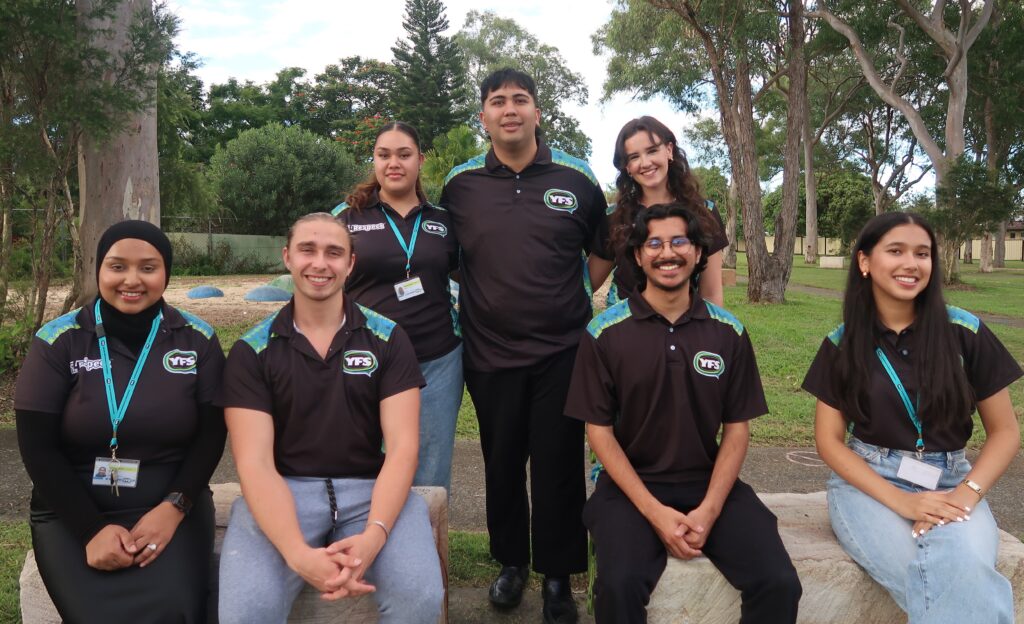About us

R4Respect was created in 2015 by YFS CEO Cath Bartolo in collaboration with Dr. Karen Struthers, a Research Fellow at Griffith University. It is an initiative that enabled young people to lead and influence other young people in preventing domestic and family violence.
Read about some of our achievements.
